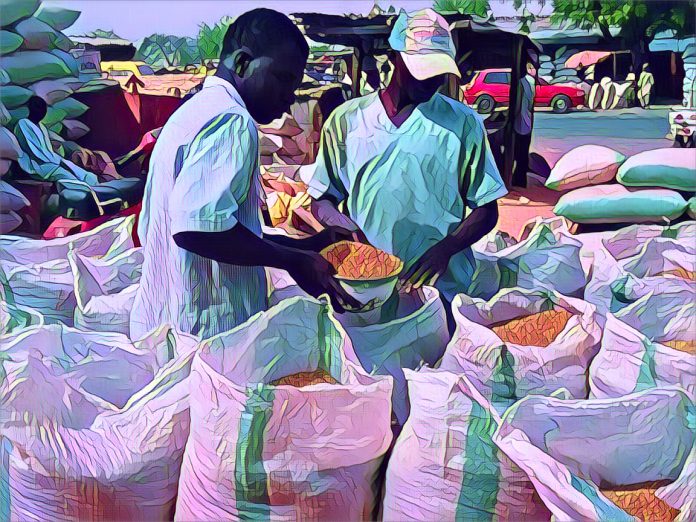The inflation rate surged to almost 30% in January, marking the highest level since mid-1996 and continuing a worrying trend of rising costs that has been eroding the financial well-being of the nation. The National Bureau of Statistics released data indicating that consumer inflation rose for the 13th consecutive month, reaching 29.90% year-on-year from December’s rate of 28.92%.
This significant increase in inflation is largely attributed to skyrocketing food prices and the devaluation of the Nigerian naira, which has hit record lows. The economic strain is exacerbated by increasing energy and logistics costs, further compounded by the nation’s ongoing infrastructure challenges.
Economists are now speculating that this inflation data might prompt the Central Bank of Nigeria to implement a substantial interest rate hike in its upcoming meeting. “We expect the central bank to finally deliver a large interest rate hike, probably in the region of 400 basis points to 22.75%, when the Monetary Policy Committee (MPC) meets towards the end of this month,” said Jason Tuvey, senior emerging markets economist at Capital Economics.
The food and non-alcoholic beverages category emerged as the primary driver of the inflation surge in January, with food inflation itself rising to 35.41% from December’s 33.93%. This relentless inflationary pressure is placing an immense burden on Nigerian households, many of which are struggling to cope with the escalating cost of living.
In response to the crisis, Vice President Kashim Shettima announced this week the government’s plan to establish a commodity board. This initiative aims to regulate the prices of grains and other essential items, with a focus on curbing food costs and supporting the smallholder farmers who are central to the nation’s food production.
The newly appointed central bank governor, Olayemi Cardoso, who assumed office in September, is facing mounting pressure to address these economic challenges. Cardoso has previously stated the bank’s goal of reducing inflation to around 21% and stabilizing the naira. As the MPC prepares for its late February meeting, all eyes are on the central bank’s strategies to combat inflation and bolster Nigeria’s economy.
Nigeria’s inflation crisis reflects broader economic vulnerabilities, with significant implications for both domestic and international stakeholders. The government’s efforts to mitigate the impact on citizens and stabilize the economy will be closely watched in the coming months.



